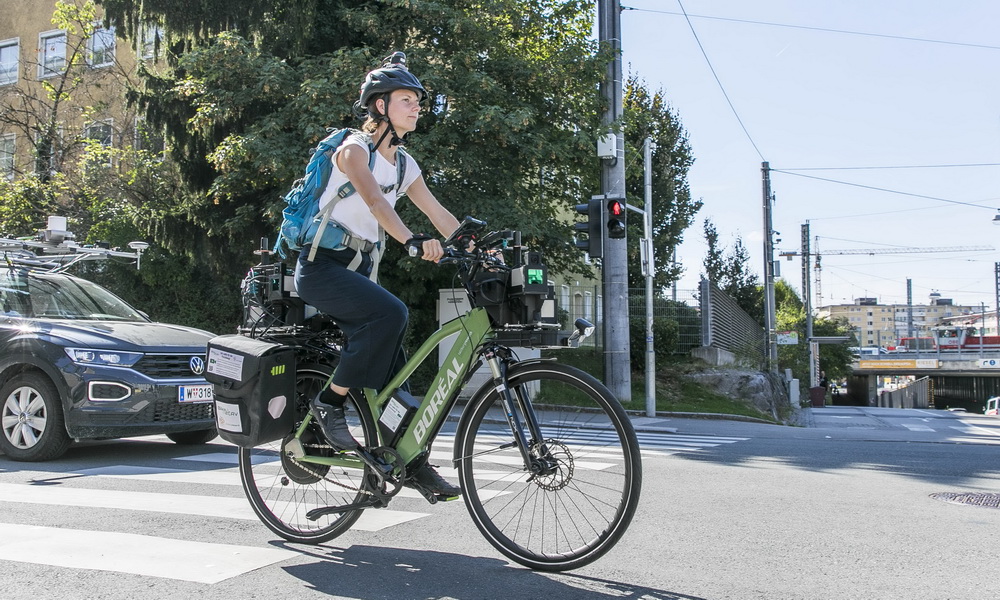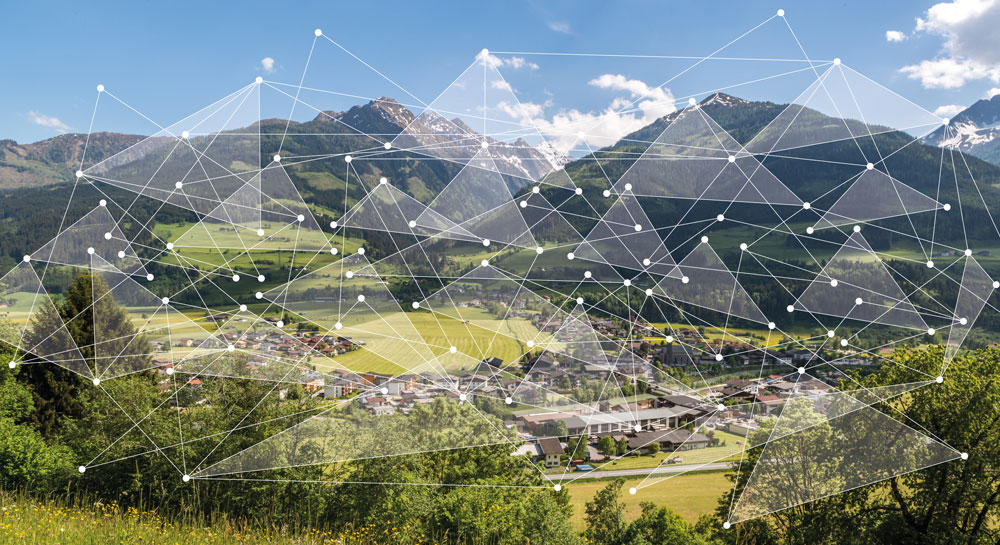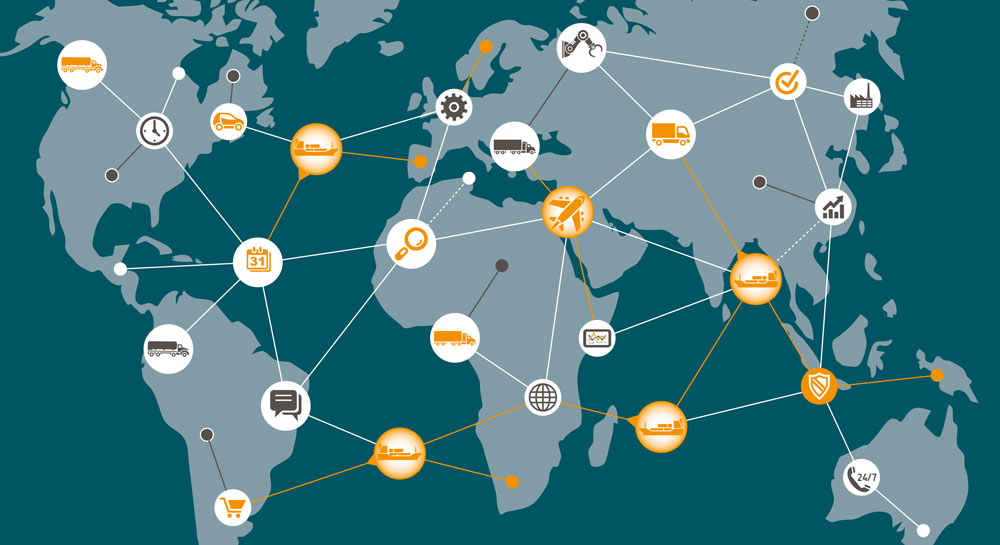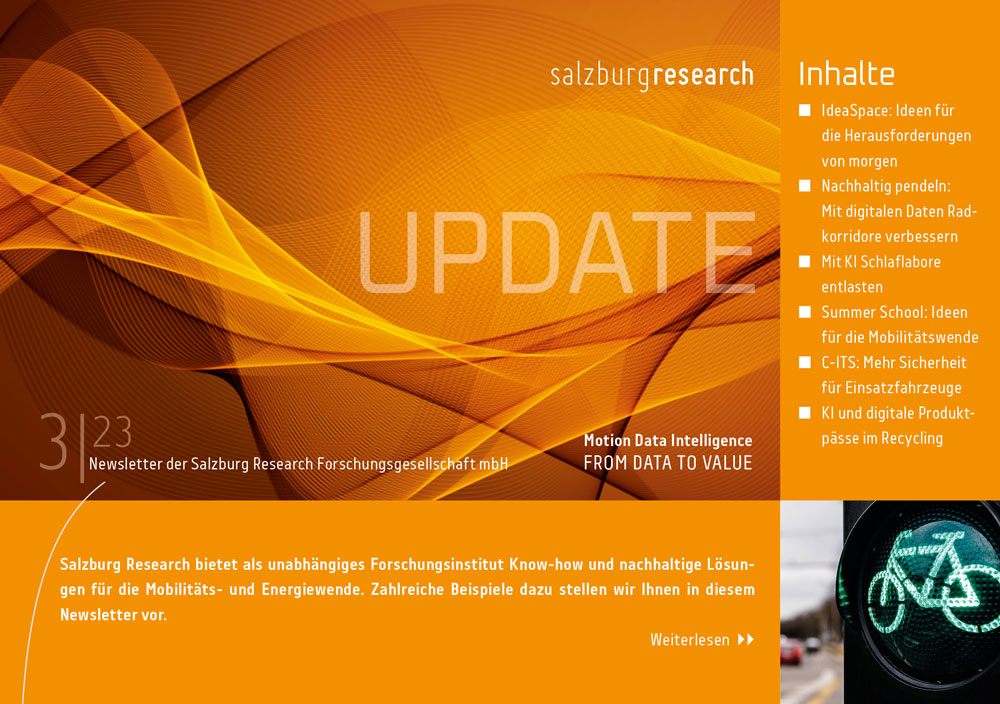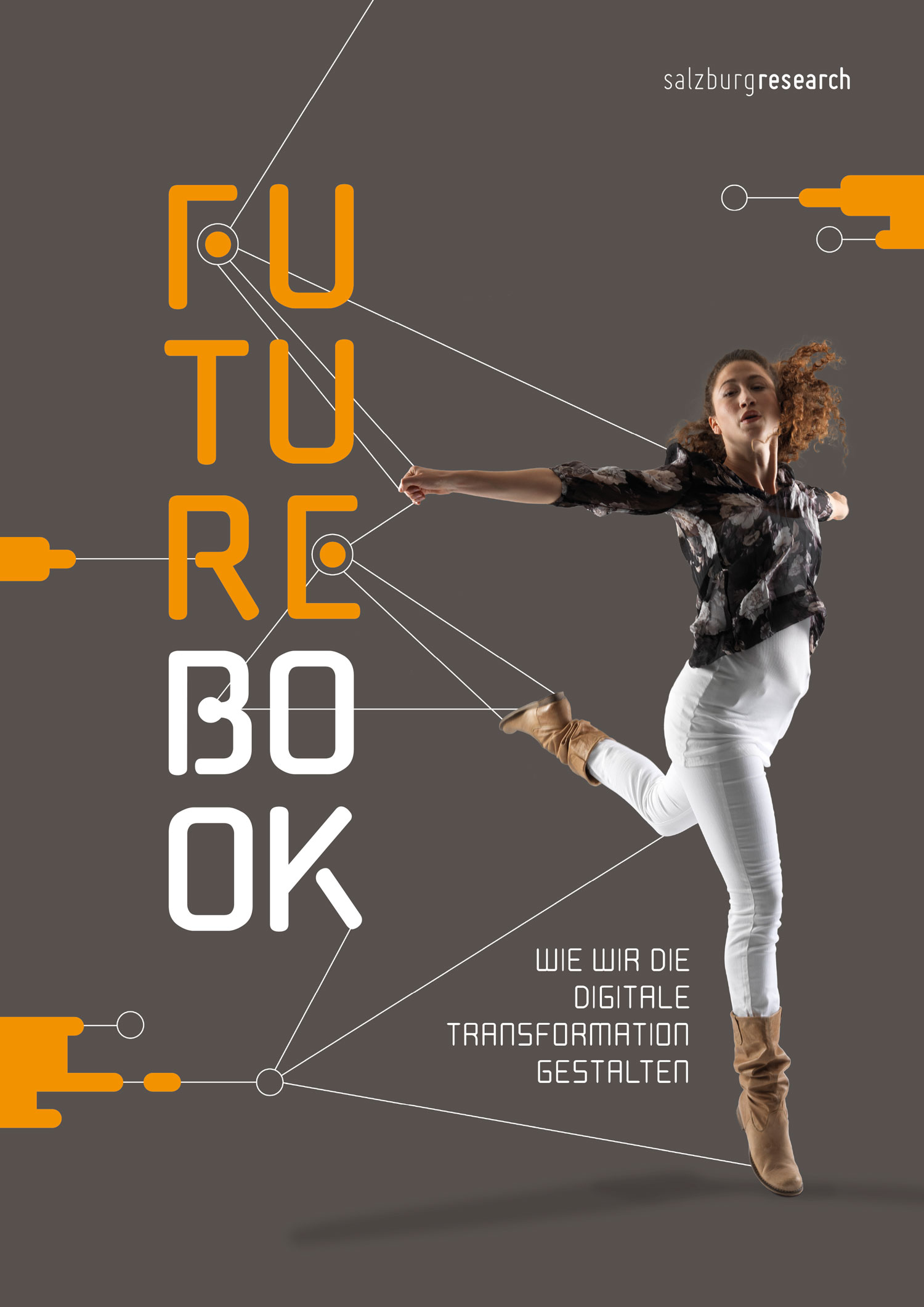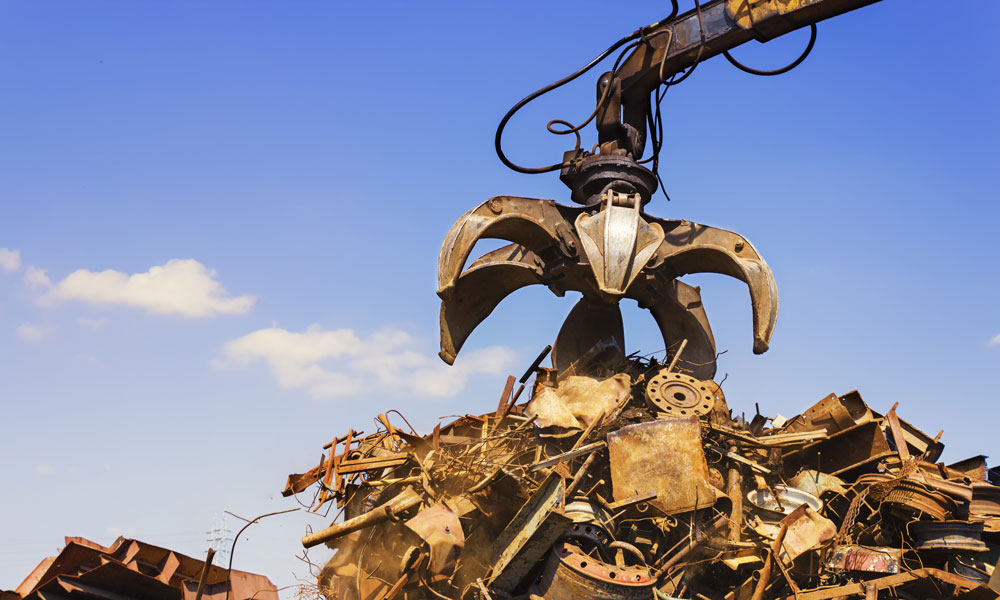
Improve recycling with AI and digital product passports
The metal processing industry depends on high-quality metal scrap for its production. Currently, this has to be imported to Austria. Salzburg Research is part of a new FFG lead project that aims to improve the recycling of metal composite waste with the help of artificial intelligence.
Against the backdrop of the “European Green Deal” and the circular economy package, resource consumption (minus 25 percent) and CO2 emissions (minus 55 percent) must be drastically reduced by 2030 and resource efficiency massively increased at the same time. In the case of metals, the ecological footprint is particularly high due to the raw materials used, while at the same time they are ideal candidates for recycling. This is precisely where the new FFG lead project comes in.
Valuable scrap
Household scrap and scrap from end-of-life vehicles as well as waste electrical equipment are characterised by a high metal content and therefore have great potential for recycling. Unfortunately, these metals do not come in pure form, but in the form of plastic-metal compounds or alloy mixtures. Currently, the metals are shredded and exported abroad due to their inferior quality. At the same time, Austria imports higher-quality scrap, which is very important for metal production.
Austrian flagship project KIRAMET
In the new KIRAMET project (short for: AI-based recycling of metal composite waste), research is being conducted to develop efficient sensor-based particle sorting with the help of artificial intelligence. An intelligent recycling platform is also intended to network existing data along the value chain.
Within the framework of KIRAMET, a classification system for vehicle components for assessing real recyclability will be made available in a usable form for the first time, thereby contributing to the conceptual design of future digital product passports. Salzburg Research is developing the data model and interfaces for the standardised provision of relevant information from the recycling process for further applications (e.g. data analysis). Digitalisation in the Circular Economy enables more transparency for checking compliance guidelines and helps to measure the carbon footprint more precisely and reduce it in a targeted manner.
KIRAMET is funded by the Federal Ministry for Climate Protection, Environment, Energy, Mobility, Innovation and Technology (FFG). Project partners: University of Leoben (coordination), 7lytix GmbH, ANDRITZ AG, Bernegger GmbH, Breitenfeld Edelstahl AG, ETA Umweltmanagement GmbH, EXARON GmbH, Fabasoft R&D GmbH, K1-MET GmbH, LAVU – O.Ö. Landes-Abfallverwertungsunternehmen GmbH, Mayer Recycling GmbH, Mettop GmbH, Montanuniversität – Lehrstuhl für Cyber-Physical-Systems, Montanuniversität – Lehrstuhl für Abfallverwertungstechnik und Abfallwirtschaft, PROFACTOR GmbH, REDWAVE, Salzburg Research Forschungsgesellschaft mbH, Scholz Austria GmbH, Software Competence Center Hagenberg GmbH, voestalpine High Performance Metals GmbH, voestalpine Stahl GmbH.

